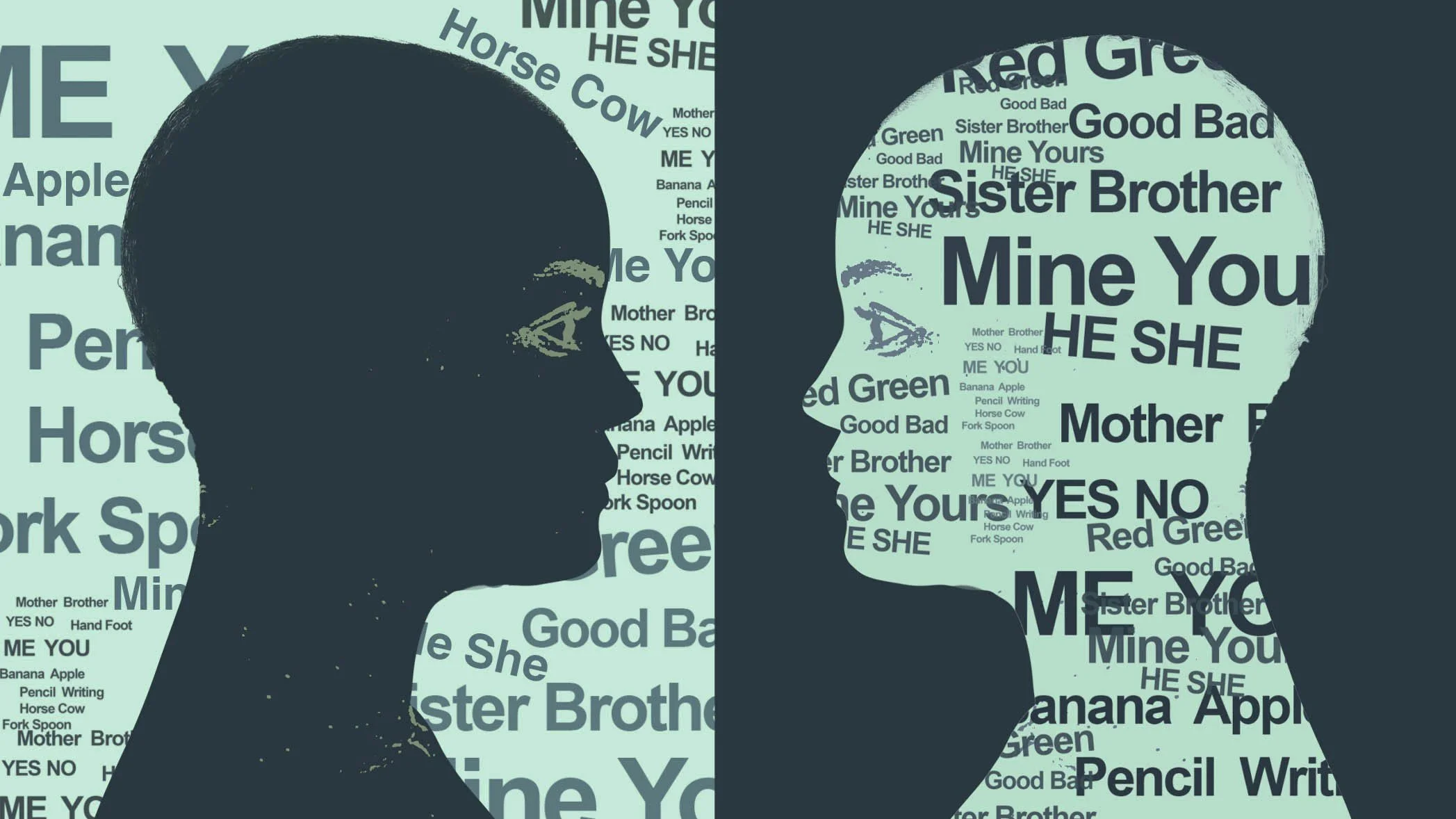Issue 02 | January 2022
Spotlight
Editor’s Choice:
Helping Those Who Can’t Ask for Help
Navigating post-stroke aphasia
by Costanza Frakes
"I don’t want to ride on the sewing machine.”
Ten years ago, my mother suffered a stroke. My mom’s thoughts are still there, but getting them out is a challenge. It’s easy to see when she’s at a loss for words. She pauses, she gets flustered, she makes vague noises—but something is missing. Sometimes, her words are switched around. At first, the switches were outlandish and easy to spot. Her wheelchair became her sewing machine. Now, it’s more subtle. Left becomes right. Me becomes you. No becomes yes. She says the opposite of what she means without any hesitancy.
This byproduct of her stroke is called aphasia. “It is not a disorder of intellect, and it is not a disorder of memory,” said Maura Silverman, founder of the Triangle Aphasia Project Unlimited. “It’s an access disorder.”
Individuals with aphasia have a harder time accessing the four modalities of language—reading, writing, listening, and speaking—and connecting them to the thoughts in their heads. Some individuals are more likely to struggle to find words, while others use the wrong words.
Aphasia can increase the risk of depression and other mood disorders, but it can also impede getting help. From assessments for depression to post-stroke procedures, existing forms of support need to change to protect a vulnerable population.
Editorial: About the “Uncharted” Theme
Research & Explainers
Opinion & Essay
How scientists determine the chemical composition of exoplanets’ atmospheres
Features
Sustainable trail design protects nature and highlights the value of wilderness
Versatile fungal threads could grow structures adapted to extraterrestrial conditions
A century old collection reveals thousands of fossils from now-inaccessible sites























